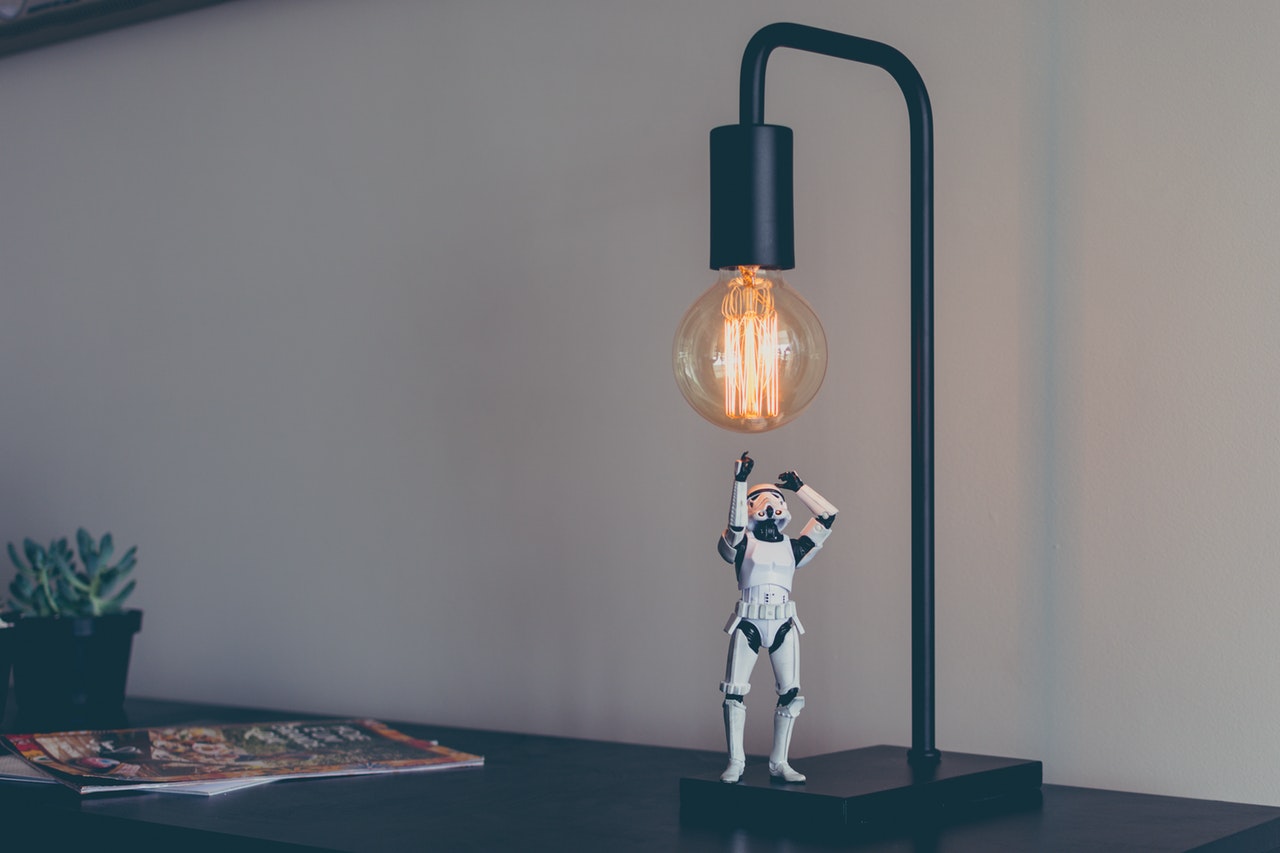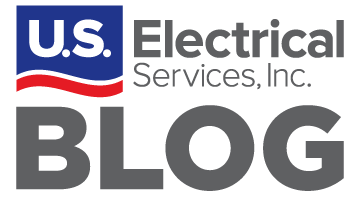
Electricity savings help customers to reduce the energy bills and environmental degradation. With technology becoming more affordable, most households are increasingly relying on electrical appliances. However, inefficient equipment or usage ends up costing the consumer more money unnecessarily. Low electricity consumption not only saves the energy costs, but also means using less fossil fuel, nuclear and coal to generate the power.
Consumers have all the control on their power needs, and the best way to achieve electricity savings is by understanding all the requirements and then optimizing the way they use the appliances. While some users might not be aware of the many small things they can do to reduce their energy requirements, there are those who know, but chooses to not do it.
What most people do not realize is that even making some modest adjustments will lead to a better environment and savings. Things users can do to save energy include minimizing wastage, using more efficient appliances, upgrading most of the older equipment such as washing machines, dishwasher, lighting and others with more energy efficient models.
Electrical power usage statistics
 Energy audits, either at home or commercial facility, help the consumer to see the appliances, machines, and processes that consume more power. An audit will help you come up with a detailed data that explain the level of consumption, which will later on give you a clear view about potential opportunities to lessen your usage, leading towards massive energy savings.
Energy audits, either at home or commercial facility, help the consumer to see the appliances, machines, and processes that consume more power. An audit will help you come up with a detailed data that explain the level of consumption, which will later on give you a clear view about potential opportunities to lessen your usage, leading towards massive energy savings.
Identify each appliance energy usage, and see whether there’s a potential loss, due to improper or inefficient use.Reducing the energy use in these equipment or processes helps the consumers to achieve more electricity savings compared to dealing with the smaller loads.
Electricity savings strategies
There are both aggressive and easier strategies that you can use to reduce electricity costs.
Aggressive strategies
- Replace old equipment such as refrigerators with new models, preferable with the energy star models. Other than using less energy, most of these equipment come with various energy saving modes that allow a consumer to save more electricity by turning off the equipment power after a period of inactivity.
- Replacing the top loading washing machines with models that have a front loading. The advantage of front loading is that the machine uses less water, energy and detergent. Using cold water will lead to more electricity savings.
Easier electricity savings strategies
- Replace the bulbs with energy saving types such as LEDs or CFLs; if possible you could add the automatic lighting controls for more savings.
- Turn off all the lights when there is enough daylight or when you are not using them.
- Instead of using the air conditioning equipment in spaces requiring cooling, consider ceiling fans since these consume less energy.
- Wash the laundry in cold water whenever possible. This reduces the energy required to heat the water.
- Minimize the use of the drier. Instead, use a laundry stack or a clothesline.
- Rather than using a central heating system, use the space heaters that will only warm up the occupied rooms. In addition, turn off the heaters whenever you are not at home.
- Upgrade desktop computers to laptops and old CRT TVs to LCD or LED televisions.
- Lowering the thermostat setting by a few degrees can go a long way in electricity savings. For example, lowering the setting by five degrees will help save about 10% energy.
 Other measures include ensuring that other services are running efficiently. This includes ensuring that the insulation is perfect and that there is no entry o exit of cold or heat when they are not required. In addition, check if there are no water leakages and plan to do the laundry with full loads instead of several times with partial loads.
Other measures include ensuring that other services are running efficiently. This includes ensuring that the insulation is perfect and that there is no entry o exit of cold or heat when they are not required. In addition, check if there are no water leakages and plan to do the laundry with full loads instead of several times with partial loads.
Avoid leaving equipment on standby
Even those small amounts of power which people assume, such as the standby power of the electronics, can add up to a significant amount especially when you consider all the equipment in the house.
Unplug equipment that is not in use, or turn off the power using the electrical outlet switch instead of leaving them on standby or sleep mode. Removing the equipment from power translates to electricity savings of several dollars per year.
Conclusion
Consumers should work towards reducing the amount of electricity used to not only save costs but also reduce environmental degradation. Electricity savings result from doing simple things that increase the efficiency and reduce wastage without compromising the operation of the equipment.

